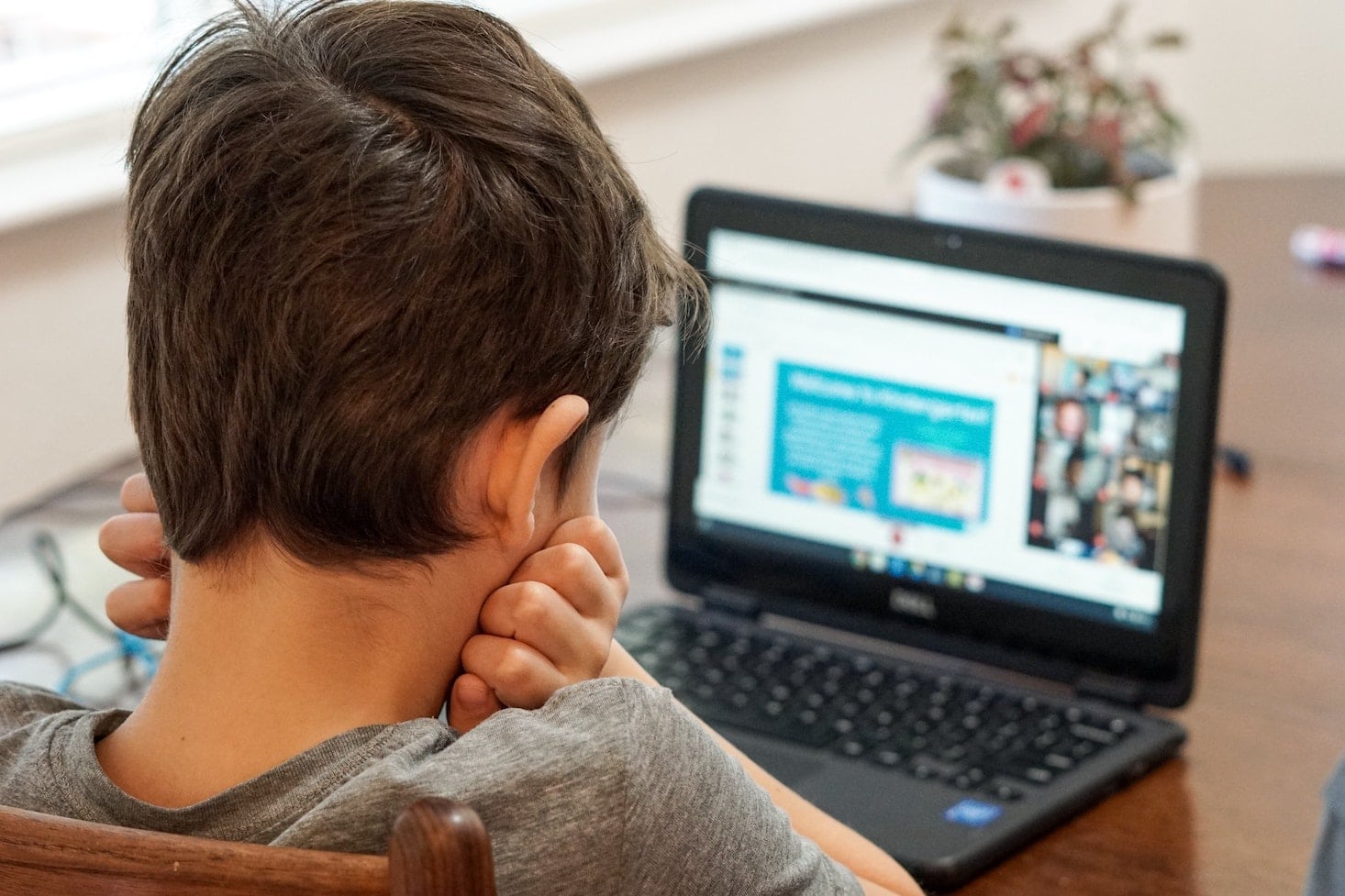AD | Collaborative post
The internet can provide many benefits for children; it can help them with their learning and allow them to stay connected to friends. However, it is not without risks. With that said, if your child has a smartphone or another device with access to the internet, it’s important for parents to chat to them regularly about online safety. You’re probably wondering where to start, which is why I have teamed up with an independent school in West London to share some advice.
Educate Yourself
Before approaching your child with the topic of internet safety, make sure you are clued up on all of the different dangers lurking online so that you can have an informed conversation. There are lots of websites that can help you set up parental controls, or even just enlighten you on topics like cyberbullying, body image, scamming, online predators and other issues.
Encourage an Open Dialogue
Try and create a home environment in which open and honest conversations are valued. Ensure your child knows that you are interested in their life, both offline and online, and ask them how they like to use their digital devices i.e., what apps and websites do they use. Don’t be instantly judgemental about these apps and websites, because that will instantly create a conflict. Instead, try and understand them and be positive, but also share your concerns. It might benefit you to do some research on what these apps and websites actually are and if they are age appropriate before you immediately rule them out as options for your youngster.
You should also ask your child if they have any concerns of their own and try and find out if they’re talking to anyone online. Let them know that if they’re worried about anything, like a cyberbully, they can come to you for support.
Establish Rules
Teach your child to be very cautious online, as sometimes people pretend to be someone else by using fake photos on their profiles. With that said, they should never meet up with someone they have met online or share personal details such as their address or their whereabouts. Of course, there should be some other clear-cut rules about internet use. For example, you might decide that your child should leave their phone downstairs overnight, or not take it to their bedroom at all, so that you can monitor what they’re doing. Having said that, teenagers in particular do need their privacy so try and respect their boundaries.
Repeat the Conversation
You will need to have these conversations about internet safety regularly to reiterate the message; they shouldn’t just be a one off. Your child may feel uncomfortable when having these conversations, or frustrated that you are “prying”, but these conversations are crucial for their safety.

